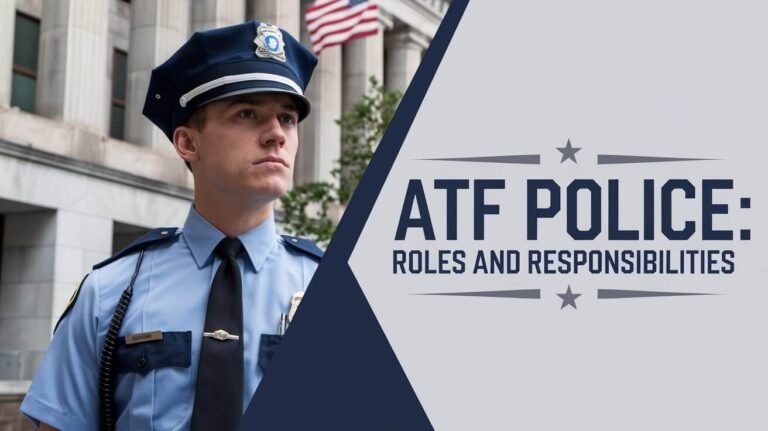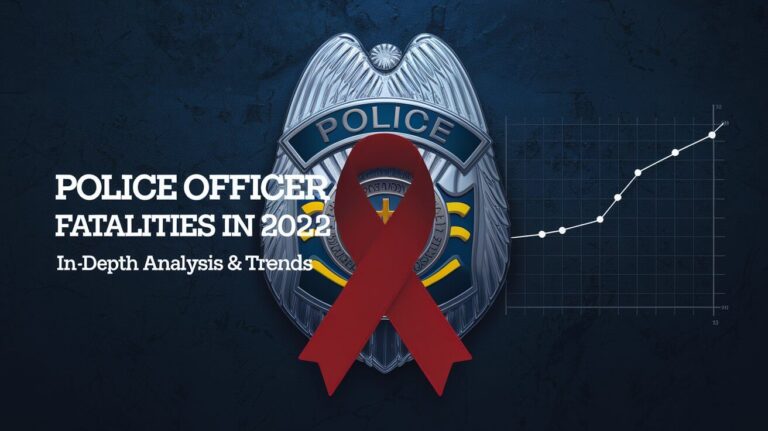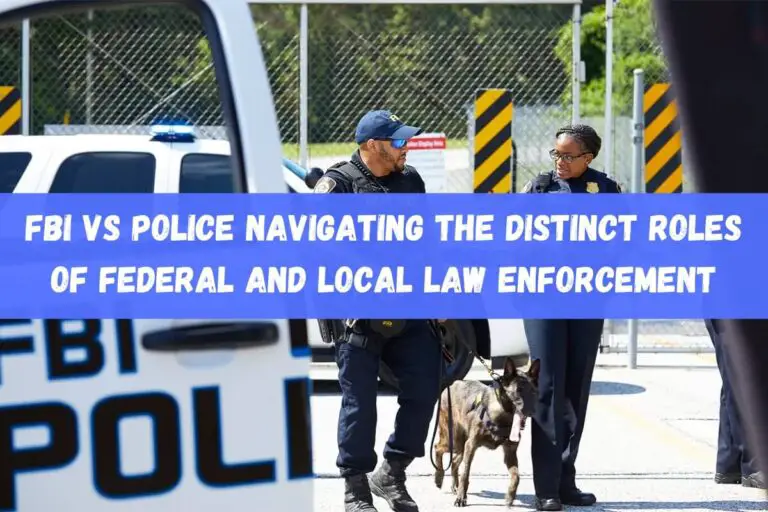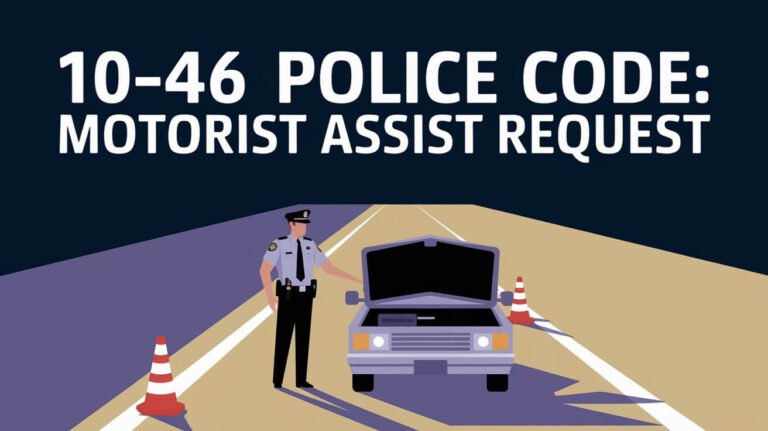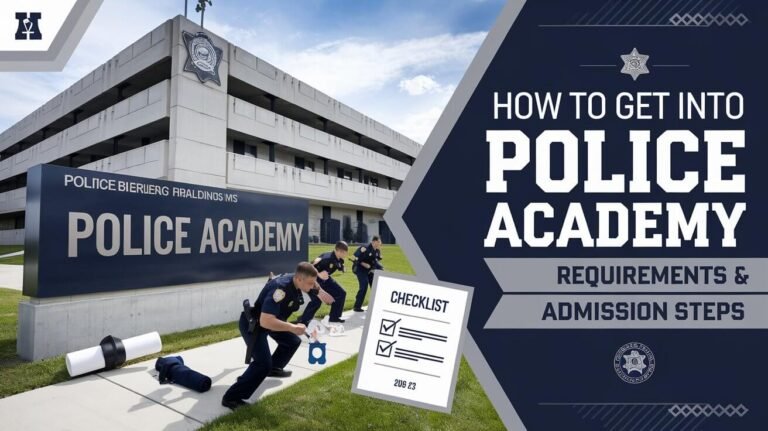The Toll of 9/11: How Many Police Officers Lost Their Lives
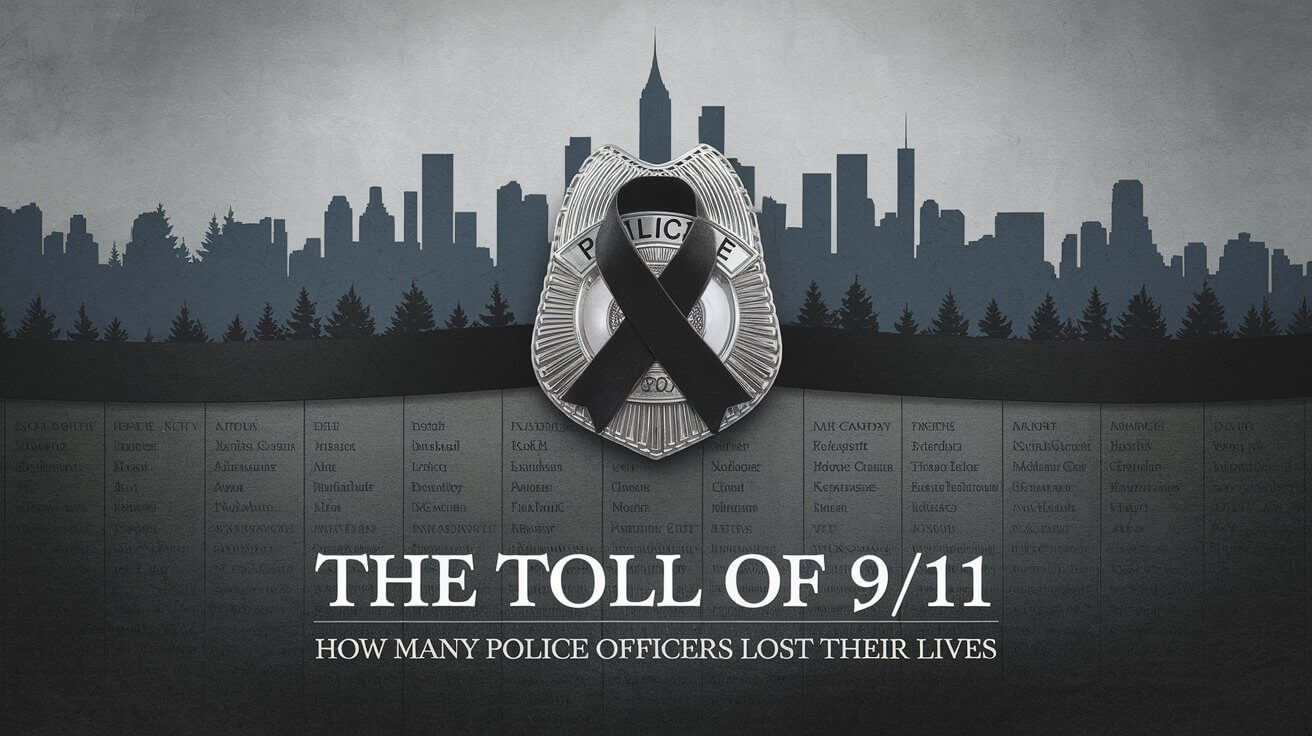
The devastating events of September 11, 2001, left an indelible mark on American history, with first responders paying a particularly heavy price. On that fateful day, 72 law enforcement officers died in the line of duty during the terrorist attacks. This number, however, only tells part of the story. In the years since, hundreds more have succumbed to illnesses related to their heroic efforts at Ground Zero.
This article delves into the full impact of 9/11 on police officers, exploring not just the immediate losses but the ongoing toll on those who served. We’ll look at the numbers, the stories behind them, and the lasting legacy of these brave men and women.
The Immediate Impact: Police Officers Killed on September 11, 2001
The morning of September 11, 2001, saw police officers from various agencies rushing to the World Trade Center in response to the unfolding crisis. Many would not return home.
NYPD Officers Who Perished in the Attacks
The New York Police Department bore the brunt of the losses that day. Twenty-three NYPD officers died while responding to the attacks on the World Trade Center. These officers came from various units, including Emergency Service Units, precincts across the city, and specialized divisions like the Bomb Squad.
Among the fallen was Officer Moira Smith of the 13th Precinct, the only female NYPD officer to die that day. Her bravery in helping evacuate people from the south tower before its collapse exemplifies the courage shown by all the officers who gave their lives.
Port Authority Police Department Losses
The Port Authority Police Department, responsible for securing the World Trade Center complex, suffered devastating losses. Thirty-seven of its officers died on 9/11, the largest loss of any law enforcement agency in a single event in U.S. history.
These officers were instrumental in the initial evacuation efforts, guiding thousands to safety before the towers collapsed. Their sacrifice underscores the danger faced by those first on the scene.
Other Law Enforcement Casualties
While the NYPD and PAPD suffered the most losses, other law enforcement agencies also lost officers on 9/11. The Federal Bureau of Investigation, U.S. Secret Service, and New York State Court Officers all had members who died in the line of duty that day.
Each of these losses represents a story of bravery and sacrifice, painting a picture of the diverse law enforcement community that came together in New York City’s darkest hour.
Beyond the Day: 9/11-Related Deaths in the Years Following
The toll of 9/11 on police officers didn’t end on September 11, 2001. In the years since, hundreds more have died from illnesses linked to their work at Ground Zero.
The Long-Term Health Effects on First Responders
Police officers who worked at Ground Zero in the days, weeks, and months following the attacks were exposed to a toxic mix of chemicals, asbestos, and other harmful substances. This exposure has led to a range of serious health issues, including:
- Various types of cancer
- Respiratory diseases
- Gastrointestinal problems
- Heart conditions
These illnesses have claimed the lives of many officers years after their service at Ground Zero, highlighting the long-lasting impact of the attacks.
Tracking Police Officer Deaths from 9/11-Related Illnesses
As of 2023, over 200 NYPD officers have died from 9/11-related illnesses. This number continues to grow, with more officers succumbing to these conditions each year.
The challenge of tracking these deaths is ongoing. Determining whether an illness is directly related to 9/11 exposure can be complex, and the process of recognizing these deaths as line-of-duty fatalities has evolved over time.
Remembering the Fallen: Tributes to 9/11 Police Officers
The sacrifice of police officers on 9/11 and in the years since has not been forgotten. Various memorials and ceremonies honor their memory.
The National Law Enforcement Officers Memorial
In Washington, D.C., the National Law Enforcement Officers Memorial bears the names of all law enforcement officers who have died in the line of duty, including those lost on 9/11 and from related illnesses.
Each year, new names are added to this memorial, many of them officers who have died from 9/11-related conditions. This ongoing addition serves as a stark reminder of the continuing impact of that day.
Annual Ceremonies and Commemorations
Every September 11th, ceremonies across the country pay tribute to the police officers lost in the attacks and their aftermath. In New York City, the reading of names at the 9/11 Memorial includes the officers who died that day and those who have passed away since from related illnesses.
These ceremonies provide a space for remembrance and reflection, ensuring that the sacrifice of these officers is never forgotten.
The Human Stories Behind the Numbers
While statistics tell part of the story, it’s crucial to remember the individual lives behind these numbers.
Profiles of Heroic Officers Who Gave Their Lives
Each officer who died on 9/11 or from related illnesses has a unique story of bravery and dedication. For instance, Detective Luis Alvarez became a powerful advocate for 9/11 first responders in his final days, testifying before Congress to secure funding for the September 11th Victim Compensation Fund.
These personal stories bring home the human cost of 9/11 and the ongoing impact on families and communities.
Impact on Families and Colleagues
The loss of these officers has had a profound effect on their loved ones and fellow officers. Many families have had to navigate life without a parent, spouse, or child. Colleagues have watched friends succumb to illnesses years after the attacks, a painful reminder of the day’s lasting impact.
Support networks and organizations have emerged to help these families and colleagues cope with their loss and honor the memory of those who have passed.
Health Challenges Faced by 9/11 First Responder Police Officers
The health issues facing 9/11 first responders, including police officers, are diverse and often severe.
Common Illnesses and Conditions
Some of the most prevalent health problems among 9/11 police officers include:
- Respiratory diseases like chronic obstructive pulmonary disease (COPD)
- Various types of cancer, particularly lung, prostate, and thyroid cancers
- Post-traumatic stress disorder (PTSD) and other mental health conditions
- Gastroesophageal reflux disease (GERD)
These conditions can be debilitating, affecting quality of life and often leading to early retirement or death.
Support and Treatment Programs
In response to these health challenges, various programs have been established to support affected officers. The World Trade Center Health Program provides medical monitoring and treatment for 9/11 responders, including police officers.
These programs are crucial in managing the ongoing health effects of 9/11 exposure and providing necessary care to those who served.
The Ongoing Count: Why Numbers Continue to Change
The number of police officers who have died due to 9/11 is not static. It continues to increase as more succumb to related illnesses.
Criteria for Classifying 9/11-Related Deaths
Determining whether a death is related to 9/11 exposure involves a careful review process. Factors considered include:
- The officer’s presence at Ground Zero or related sites
- The type of illness and its known connection to 9/11 toxins
- The timing of the illness onset
As medical understanding of 9/11-related conditions evolves, so too does the criteria for classifying these deaths.
Challenges in Tracking Long-Term Impact
Tracking the long-term impact of 9/11 on police officers presents several challenges:
- Some illnesses may take years or decades to develop
- Officers may have moved or left the force, making follow-up difficult
- Proving a direct link between an illness and 9/11 exposure can be complex
Despite these challenges, efforts continue to accurately track and recognize all officers affected by 9/11.
Lessons Learned: Changes in Police Response and Preparedness
The events of 9/11 led to significant changes in how police departments prepare for and respond to major emergencies.
Improvements in Emergency Protocols
Many police departments have overhauled their emergency response protocols in the wake of 9/11. Changes include:
- Better coordination between different agencies
- Improved communication systems
- Enhanced evacuation procedures
These changes aim to improve the effectiveness of police response while also prioritizing officer safety.
Enhanced Training and Equipment
Police officers now receive more comprehensive training for dealing with large-scale emergencies and terrorist attacks. This includes:
- Specialized counterterrorism training
- Improved protective equipment
- Advanced first aid skills
These enhancements help officers be better prepared for a range of potential threats.
The Broader Impact on Law Enforcement
The events of 9/11 and their aftermath have had wide-reaching effects on the law enforcement community as a whole.
Shift in Public Perception of Police Officers
In the immediate aftermath of 9/11, there was a surge of public support and admiration for police officers. This heightened appreciation for their bravery and sacrifice has had lasting effects, though public perception of law enforcement has also faced challenges in recent years.
Long-Term Effects on Recruitment and Retention
The 9/11 attacks and their ongoing impact have influenced police recruitment and retention in various ways:
- Some were inspired to join law enforcement after witnessing the heroism of 9/11
- Others have been deterred by the long-term health risks associated with the job
- Departments have had to adapt to support officers dealing with 9/11-related health issues
These factors continue to shape the landscape of law enforcement careers.
Supporting the Survivors: Programs and Resources
A range of programs and resources have been established to support the survivors of 9/11 police officers and those still living with the effects of that day.
Financial Assistance for Families of Fallen Officers
Various funds and programs provide financial support to the families of officers who died on 9/11 or from related illnesses. These include:
- The September 11th Victim Compensation Fund
- Scholarships for children of fallen officers
- Pension and benefits programs for surviving family members
These resources aim to provide some financial stability for families who have lost a loved one.
Mental Health Services for Survivors
Recognizing the psychological toll of 9/11, numerous mental health services are available to survivors, including:
- Counseling services specifically for first responders
- Support groups for families of fallen officers
- PTSD treatment programs
These services play a crucial role in helping survivors cope with their experiences and losses.
The Legacy of 9/11 Police Officers in Popular Culture
The bravery and sacrifice of 9/11 police officers have been memorialized in various forms of popular culture.
Books, Movies, and Documentaries
Numerous books, films, and documentaries have told the stories of police officers on 9/11. These works serve to educate the public and ensure that the sacrifices made are not forgotten.
Some notable examples include the documentary “9/11” by Jules and Gedeon Naudet, which captured footage of NYPD officers responding to the attacks.
Memorials and Museums
Physical memorials and museums also play a crucial role in preserving the legacy of 9/11 police officers. The 9/11 Memorial & Museum in New York City includes exhibits dedicated to first responders, helping visitors understand the critical role played by police officers that day.
Looking Forward: Ensuring We Never Forget
As time passes, efforts continue to honor the memory of police officers lost on 9/11 and educate future generations about their sacrifice.
Education Initiatives about 9/11 Police Officers
Schools and community organizations have developed programs to teach young people about the events of 9/11 and the role of police officers. These initiatives aim to ensure that the bravery displayed that day continues to inspire future generations.
Ongoing Research and Support Efforts
Research into the health effects of 9/11 exposure continues, helping to improve treatment for affected officers and inform future emergency response protocols. Support for officers and their families remains a priority, with ongoing efforts to secure funding and resources.
Honoring the Sacrifice of 9/11 Police Officers
The number of police officers who died on 9/11 – 72 – only begins to tell the story of law enforcement’s sacrifice that day and in the years since. Hundreds more have died from related illnesses, and countless others continue to live with the physical and emotional scars of their service.
As we remember these brave men and women, we must also commit to supporting those still affected and ensuring that their sacrifice is never forgotten. The legacy of 9/11 police officers serves as a powerful reminder of the risks faced by law enforcement and the unwavering courage they display in protecting our communities.
By continuing to honor their memory, support their families, and learn from their experiences, we ensure that the sacrifice of these heroic police officers continues to inspire and guide us long into the future.

